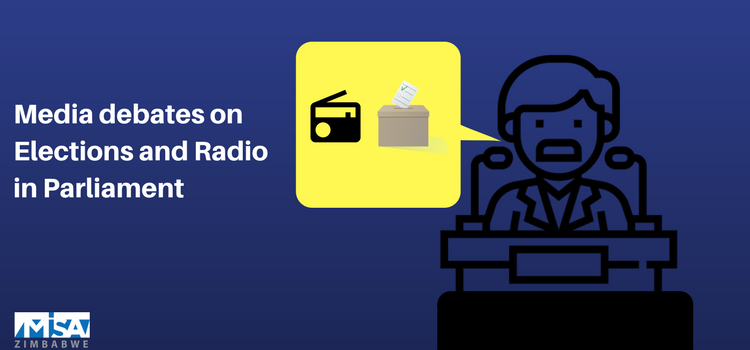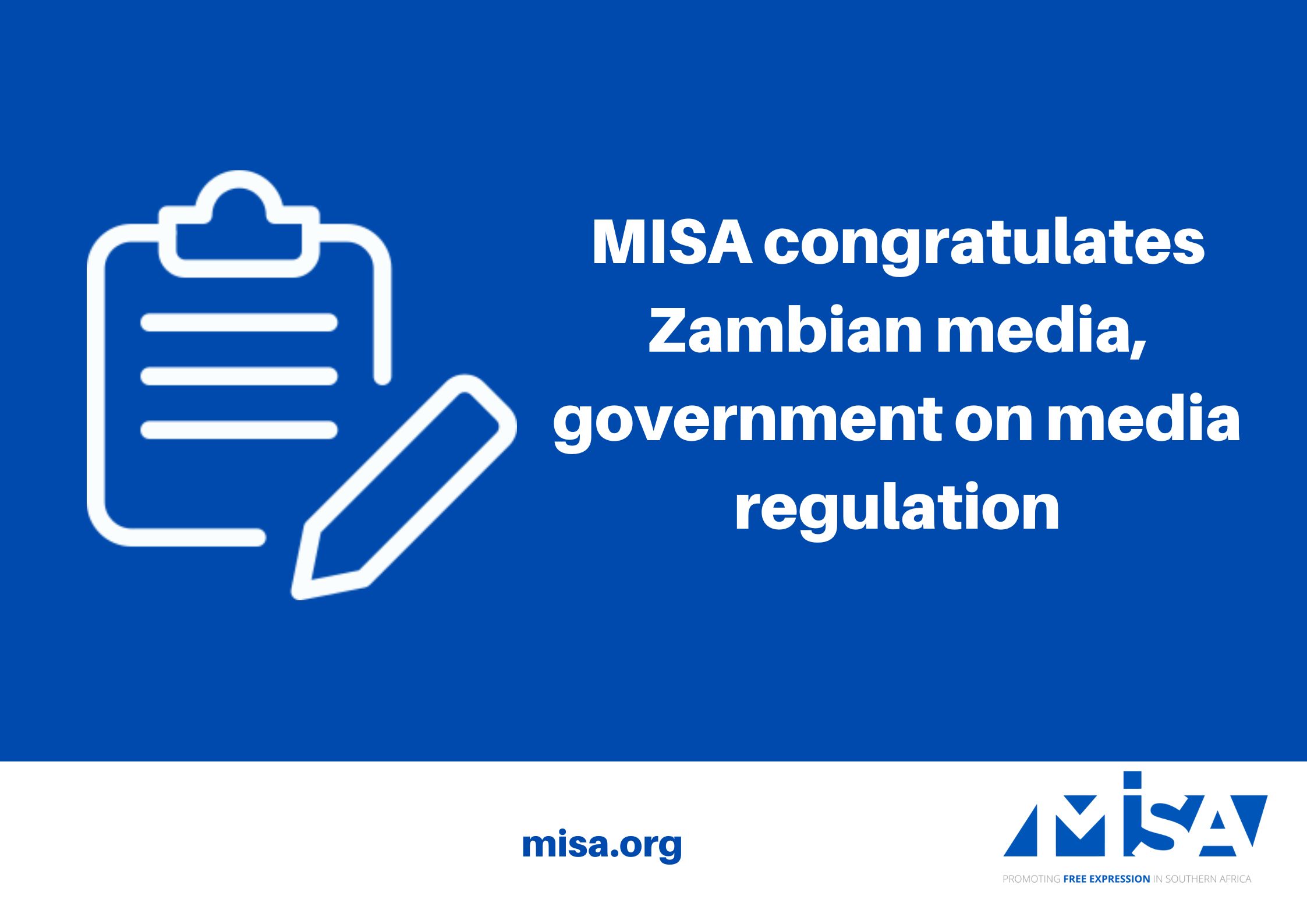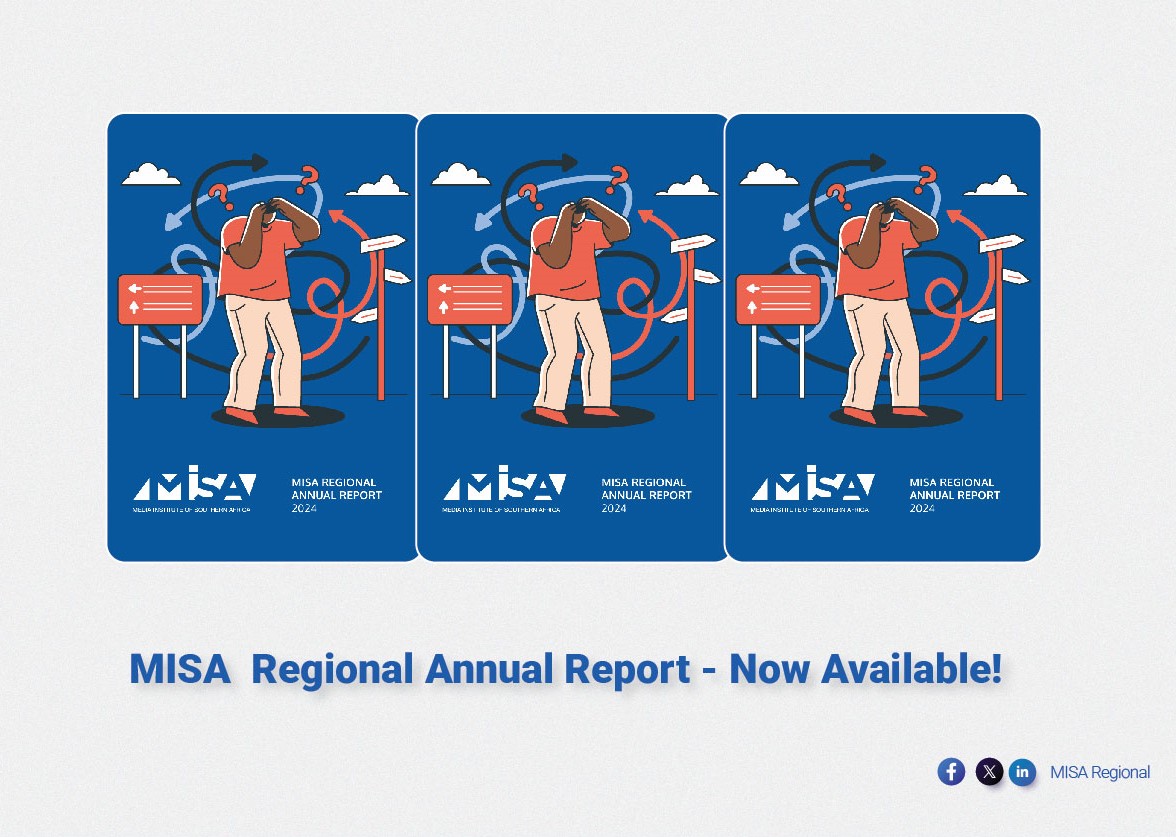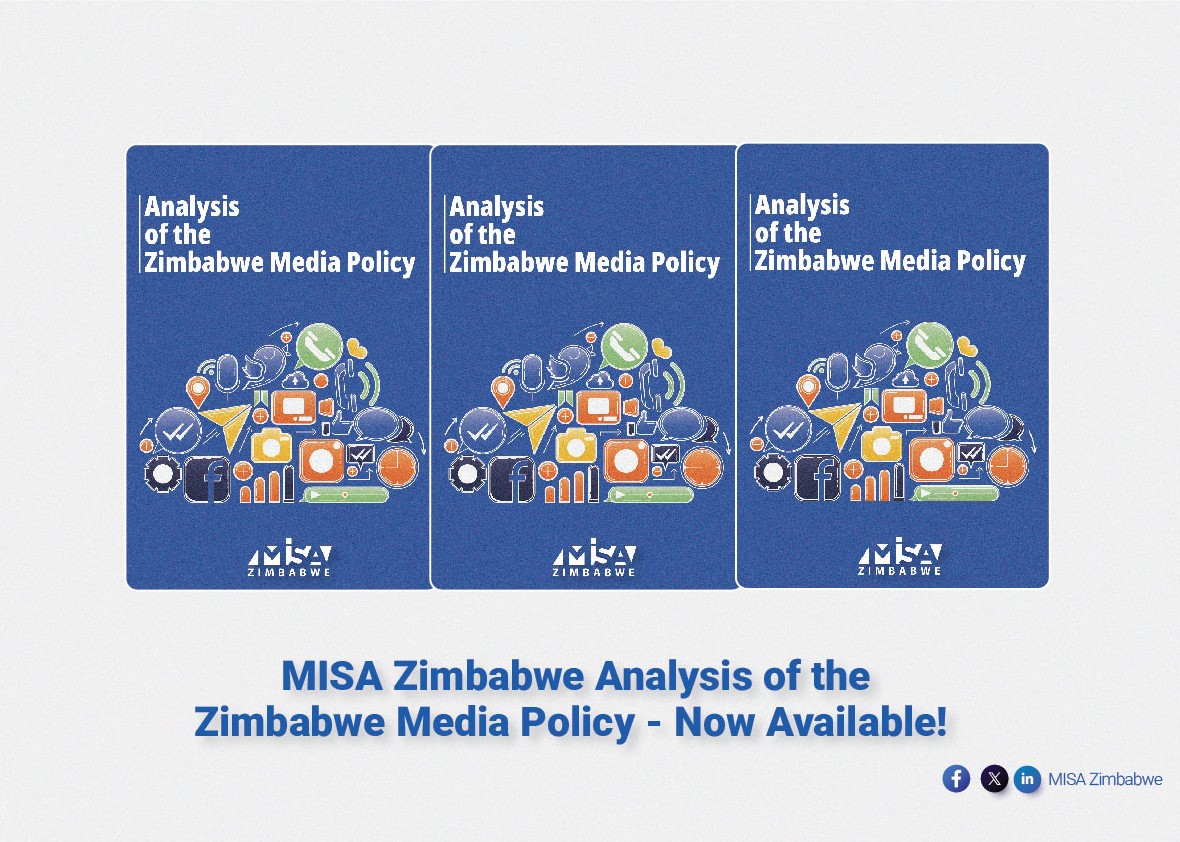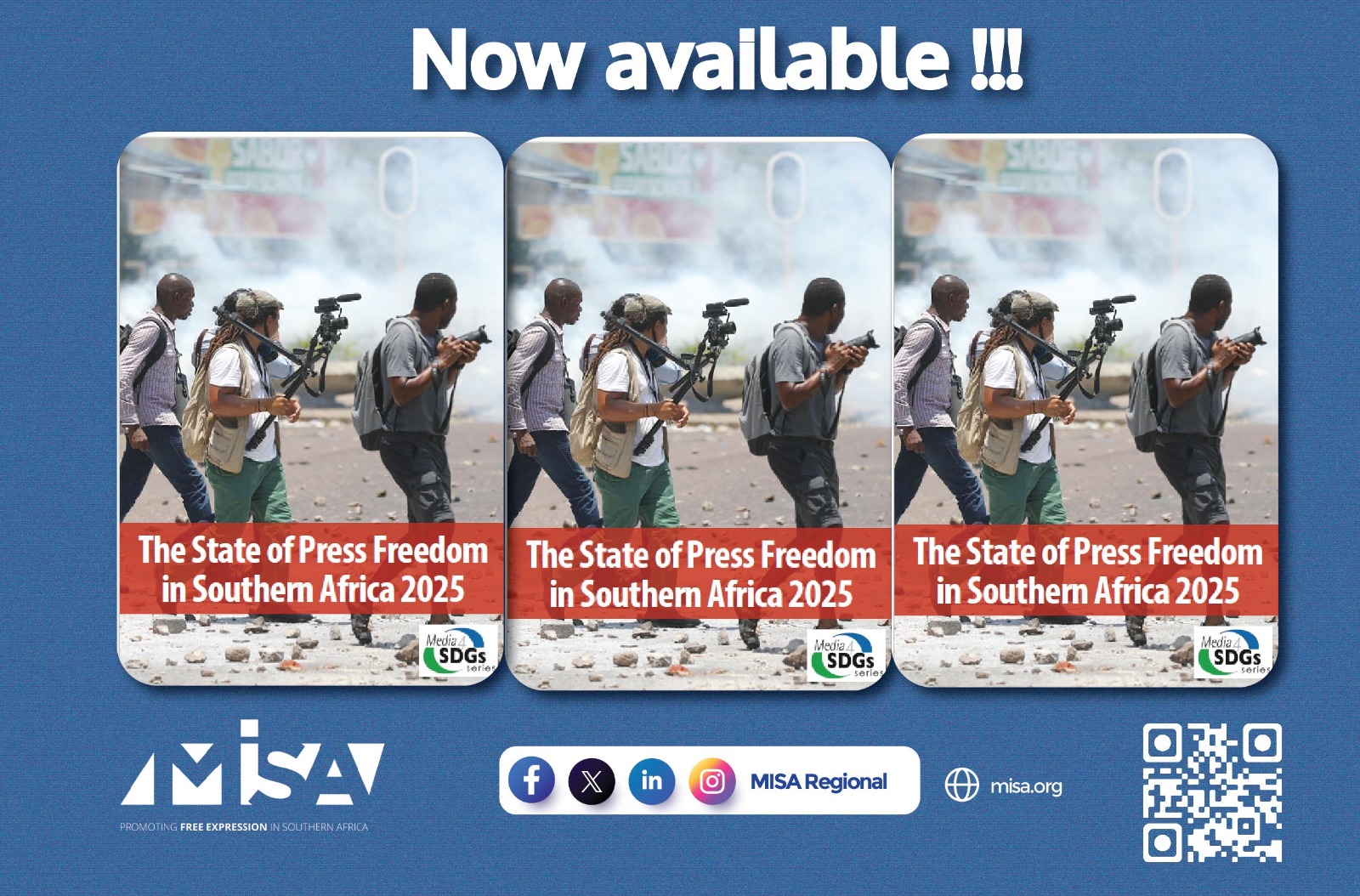The National Assembly met on 21 March, and Members of Parliament had the opportunity to direct thematic questions to the Cabinet Ministers who were in attendance. A number of questions were directed to the Minister of Information, Media and Broadcasting Services, Ambassador S.K. Moyo (hereinafter “the Minister”). These deliberations are naturally of interest to the media community and they are discussed below.
Media and elections
Member of Parliament (MP) for Buhera, Honourable Oliver Mandipaka asked whether government has a media policy which ensures the safety of journalists from State owned media stables as they cover opposition party events and rallies. This question could have been motivated by the attack on senior Herald reporter Zvamaida Murwira and freelance journalist Anna Chibamu when they attempted to cover proceedings at the MDC-T headquarters on 1 March 2018.
The Minister’s response did not refer to any specific government policy on this subject, instead the minister held that it was government’s position and prayer that there be no violence against anyone during the electoral cycle.
On a related note, Member of Parliament for Norton, MP Themba Mliswa asked the Minister what government was doing to ensure that State owned media gave equal coverage to opposition political parties and independent candidates. This question was echoed by MP Sithole. In response, the Minister stated that there would be equal access and that people will have access to the media, it remains to be seen whether this is rhetoric or there will be actual change in the State media’s coverage.
Queries about Khulumani FM
There were two questions relating to the licensing and operations of Khulumani FM. This a Bulawayo based community radio station owned and operated by the Zimbabwe Broadcasting Corporation (ZBC). Member of Parliament for Magwegwe, MP Anele Ndebele asked whether Khulumani FM had been licensed, and if so, whether the call for licenses had been published by the Broadcasting Authority of Zimbabwe (BAZ). The Minister stated that indeed calls for applications for licenses were made and that the Khulumani FM had been licensed as part of that call. The Minister was however, not forthcoming with when the call was made and when it was published in the public media.
Does Khulumani FM Need a Licence?
The broadcasting and licensing laws do not require the ZBC to get a new license for every station which it sets up and operates. Section 9(1) of the Zimbabwe Broadcasting Corporation (Commercialisation) Act of 2001 states that the ZBC is “deemed to be the holder of a broadcasting licence issued in terms of the Broadcasting Services Act.”
This does not by any means mean that the ZBC is above Zimbabwe’s licensing laws. It does however, mean that the current radio broadcasting license ZBC holds is adequate for the establishment of new ZBC owned radio stations such as Khulumani FM. Honourable Ndebele’s question overlooked this important point, and the Minister’s allegation that there had been a call for applications for licenses might be an indication that the Minister is not in touch with developments in his own ministry.
The other cause of confusion around this matter is the misleading use of the term “radio station”, it is more accurate to refer to the radio broadcasting entities under the ZBC brand as ZBC radio channels. They might be independent of each other but they are all owned and operated by the same broadcasting licence holder. It is this broadcasting licence which the ZBC now relies upon to operate the various radio stations (or more accurately, the radio channels) under its brand. Khulumani FM is strictly speaking, a channel owned and operated by ZBC. This is the case with other channels owned by the national broadcaster such as Power FM or National FM. The ZBC does not need a separate licence for each of these channels, it does however, need to notify the BAZ of its intention to launch new channels.
//ENDs




